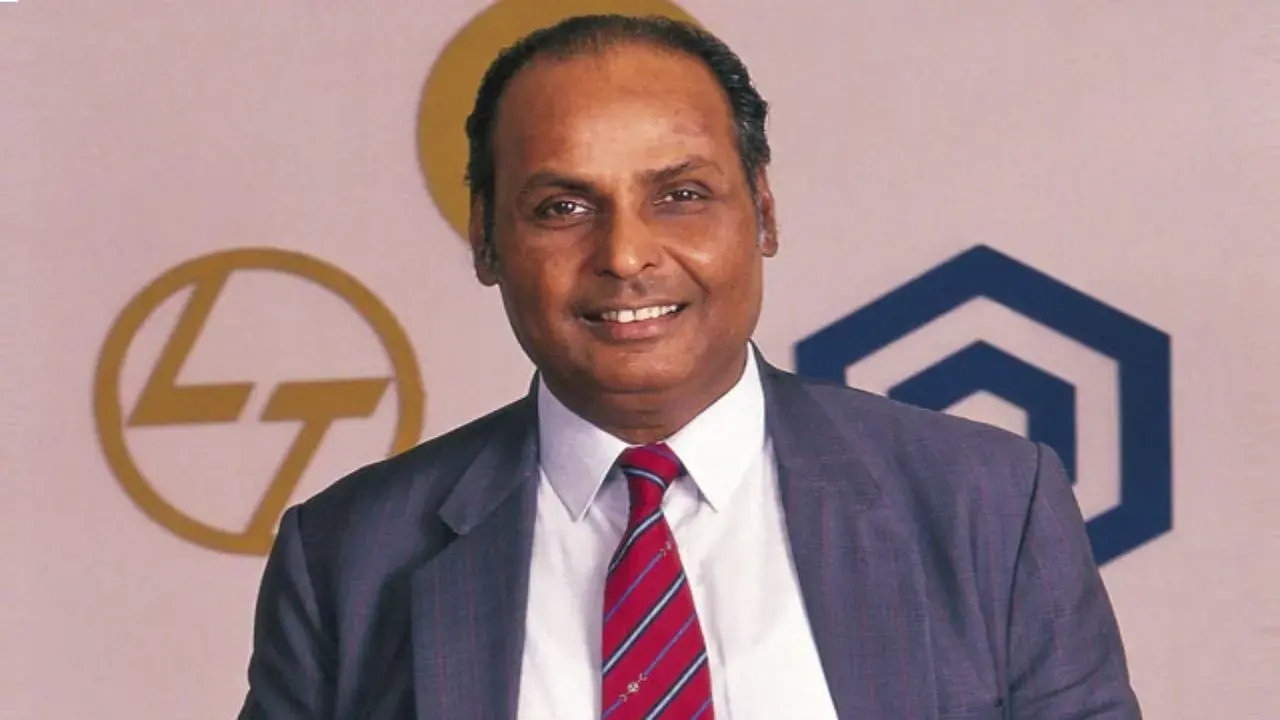Early Life and Education
Dhirubhai Hirachand Ambani was born on December 28, 1932, in Chorwad, a small village in the Junagadh district of Gujarat, India. He was born into a modest family; his father, Hirachand Gordhanbhai Ambani, was a school teacher, and his mother, Jamnaben, was a homemaker. Despite their financial constraints, Dhirubhai showed a keen interest in business from a young age.
Dhirubhai’s formal education was limited. He attended Bahadur Khanji school, Junagadh, but due to the family’s financial difficulties, he had to discontinue his studies after the tenth grade. His lack of formal education, however, did not deter his entrepreneurial spirit.
Early Career and Jobs
At the age of 16, Dhirubhai moved to the port city of Aden (now in Yemen) to join his brother, Ramniklal, who was working there. In Aden, he took up his first job as a dispatch clerk with A. Besse & Co., a trading firm. During his time in Aden, he gained valuable experience and insight into the world of trading and business operations.
Dhirubhai was quick to learn and soon began trading in various commodities, including spices and textiles. He also managed a gas station, which helped him understand the nuances of the retail business. His time in Aden was instrumental in shaping his business acumen and provided the foundation for his future ventures.
The Beginning of His Business Journey
In 1958, Dhirubhai returned to India with a modest capital. He settled in Mumbai and started his first business venture, a small trading company called Reliance Commercial Corporation. He initially focused on importing polyester yarn and exporting spices.
Dhirubhai operated out of a small office in Mumbai’s Masjid Bunder area. Despite his limited resources, he was determined to make his mark in the business world. His astute understanding of the market, coupled with his relentless work ethic, soon paid off as Reliance Commercial Corporation began to grow.
Gradual Growth of His Businesses
In the 1960s, Dhirubhai shifted his focus to the textile industry. In 1966, he established a textile mill in Naroda, Ahmedabad, and launched the brand “Vimal,” named after his elder brother, Ramaniklal’s son. Vimal became a household name, known for its high-quality and affordable fabrics.
Dhirubhai’s innovative marketing strategies, such as offering discounts and creating a strong distribution network, helped Vimal gain a significant market share. He also introduced the concept of equity cult in India by encouraging middle-class investors to buy shares in his company, fostering a culture of stock market investment.
Diversifying Business Industries
Dhirubhai was not content with just dominating the textile industry. He diversified Reliance Industries into various sectors, including petrochemicals, refining, oil and gas exploration, telecommunications, and retail. His vision was to create an integrated business model that spanned the entire value chain.
In the late 1970s and early 1980s, Reliance entered the petrochemical sector. The company set up its first polyester plant in Patalganga, Maharashtra, which marked the beginning of its journey into backward integration. Dhirubhai’s strategic investments in refining and petrochemicals transformed Reliance into one of the largest conglomerates in India.
Method of Staff Selection and Management
Dhirubhai Ambani believed in nurturing talent and empowering his employees. He had a unique ability to identify potential and provided his team with the freedom to innovate and take risks. His leadership style was inclusive and democratic, fostering a sense of ownership among his employees.
He valued loyalty and hard work, often promoting individuals from within the organization. His ability to inspire and motivate his team was instrumental in driving Reliance’s growth. Dhirubhai’s hands-on approach and open-door policy ensured that he was always accessible to his employees.
Method of Selecting Industries
Dhirubhai’s approach to selecting industries was driven by his vision of creating a self-sufficient and integrated business model. He identified sectors with high growth potential and where Reliance could leverage its strengths to achieve economies of scale.
His entry into the petrochemical and refining sectors was based on the understanding that these industries were essential for India’s industrial growth. By integrating his operations backward, he ensured a steady supply of raw materials for his textile business, reducing dependency on external suppliers and increasing profitability.
International Ventures and Foreign Ventures
Under Dhirubhai’s leadership, Reliance Industries expanded its footprint globally. The company established subsidiaries and joint ventures in various countries, enhancing its international presence. His vision was to make Reliance a global player, and he pursued international opportunities with the same zeal as his domestic ventures.
Reliance’s expansion into international markets was marked by strategic investments and collaborations. The company’s presence in the global petrochemical and refining sectors, along with its ventures in telecommunications and retail, positioned it as a formidable player on the world stage.
Contribution to the Country
Dhirubhai Ambani’s contributions to India’s economy and society are monumental. Reliance Industries became a significant contributor to the country’s GDP, generating employment and driving industrial growth. His pioneering efforts in the stock market democratized wealth creation, enabling millions of Indians to participate in the equity markets.
Dhirubhai’s philanthropic initiatives, although not as well-publicized as his business ventures, had a profound impact. Reliance’s CSR activities focused on education, healthcare, and rural development, contributing to the overall development of the country.
Challenges and Failures
Dhirubhai’s journey was not without challenges and setbacks. He faced opposition from established business houses and bureaucratic hurdles. His aggressive growth strategies and innovative business practices often attracted scrutiny and controversy.
One of the significant challenges he faced was the stock market scandal in the 1980s, where Reliance was accused of manipulating share prices. Despite these challenges, Dhirubhai’s resilience and determination enabled him to overcome obstacles and continue his pursuit of growth and success.
Handing Over the Business Empire to His Children
In the late 1990s, Dhirubhai began grooming his sons, Mukesh and Anil, to take over the reins of Reliance Industries. He gradually delegated responsibilities to them, ensuring a smooth transition of leadership. Mukesh was entrusted with the petrochemicals, refining, and oil and gas exploration businesses, while Anil was given charge of telecommunications, power, and financial services.
Dhirubhai’s untimely demise in 2002 led to a succession battle between Mukesh and Anil, resulting in the division of Reliance Industries. Despite the split, both brothers continued to grow their respective businesses, upholding their father’s legacy of entrepreneurship and innovation.
Legacy and Impact
Dhirubhai Ambani’s legacy is defined by his pioneering spirit and his ability to transform challenges into opportunities. His entrepreneurial journey from a small trading firm to one of India’s largest conglomerates is a testament to his vision, determination, and business acumen.
Dhirubhai’s story is not just about business success; it is about resilience, innovation, and the relentless pursuit of excellence. His ability to democratize wealth creation and contribute to India’s industrial growth has inspired countless entrepreneurs and business leaders.
Conclusion
Dhirubhai Ambani’s life and career are a source of inspiration for aspiring entrepreneurs and business leaders. His visionary leadership, innovative business practices, and unwavering commitment to growth transformed Reliance Industries into a global powerhouse. His journey from a small village in Gujarat to the pinnacle of India’s corporate world is a powerful reminder that with vision, determination, and a focus on creating value, one can achieve remarkable success and leave a lasting impact.





